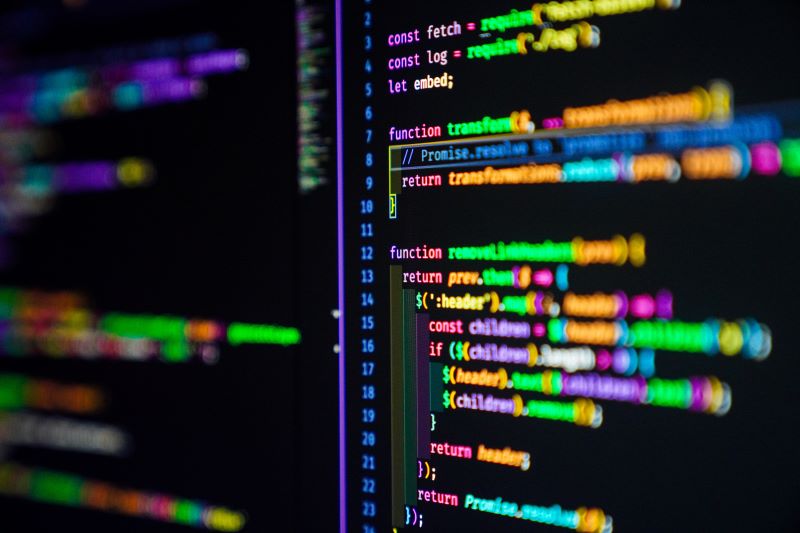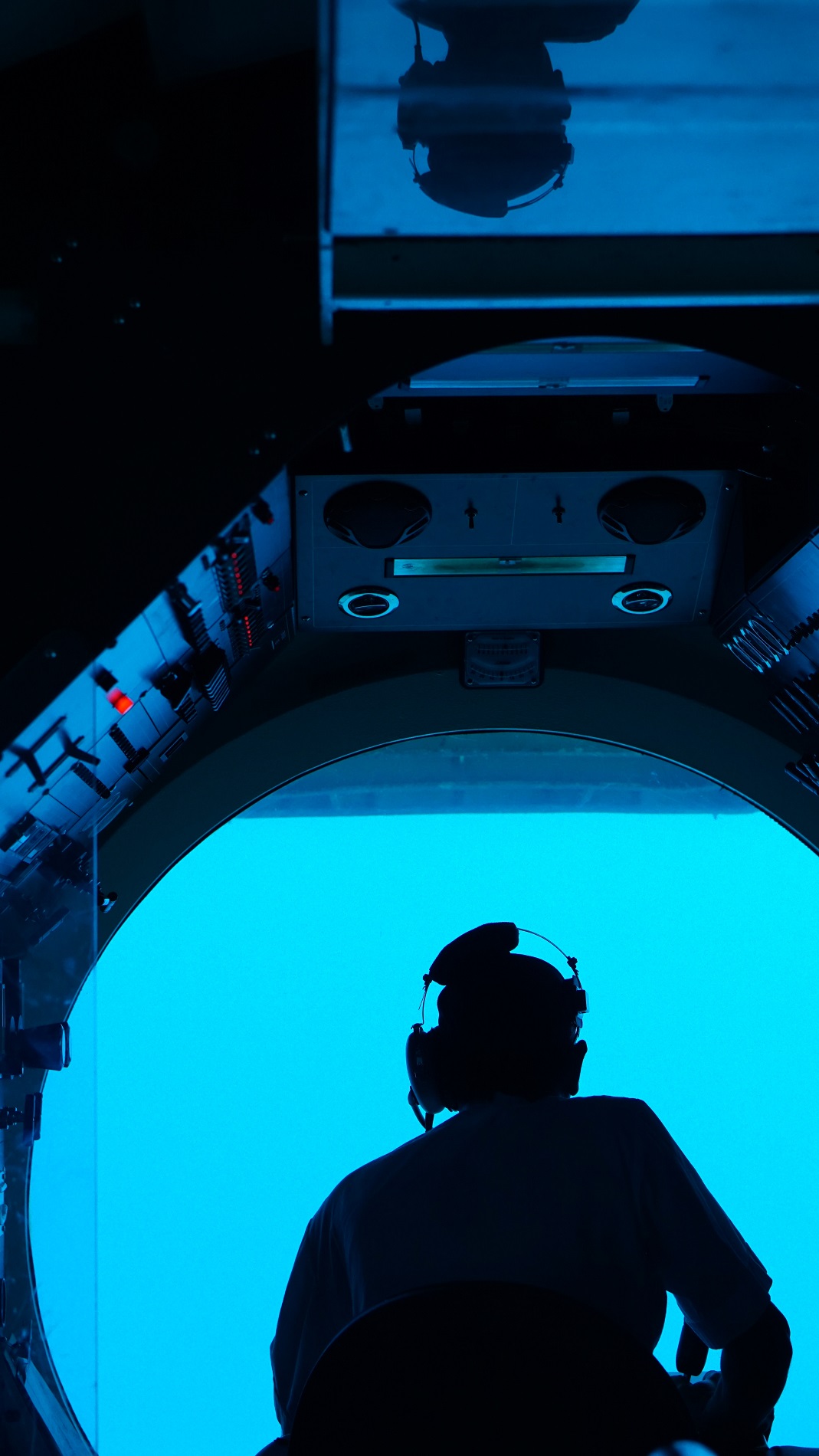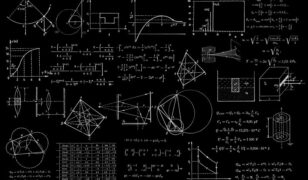 DARPA has selected nine teams to compete in the Subterranean (SubT) Challenge – seven in the physical Systems track and two in the Virtual track – to develop new approaches to rapidly map, navigate, and search underground environments, the agency announced September 26.
DARPA has selected nine teams to compete in the Subterranean (SubT) Challenge – seven in the physical Systems track and two in the Virtual track – to develop new approaches to rapidly map, navigate, and search underground environments, the agency announced September 26.
The competition seeks to better equip warfighters and first responders to explore human-made tunnel systems, urban underground, and natural cave networks that are too dangerous, dark, or deep to risk human lives.
The SubT Challenge physical Systems and software-focused Virtual competitions aim to create a community of multi-disciplinary teams from distinct fields to foster breakthrough technologies in autonomy, perception, networking, and mobility for underground environments.
Teams in the Systems competition will develop and demonstrate physical systems in real-world environments. DARPA has selected seven teams to compete in the funded track of the Systems competition:
- Carnegie Mellon University
- Commonwealth Scientific and Industrial Research Organisation, Australia
- iRobot Defense Holdings, Inc. dba Endeavor Robotics
- Jet Propulsion Laboratory, California Institute of Technology
- University of Colorado, Boulder
- University of Nevada, Reno
- University of Pennsylvania
Teams in the Virtual competition will use simulation models and physics-based environments focusing on software-driven advances. The following organizations have received a contract to compete in the DARPA-funded track of the Virtual competition:
- Michigan Technological University
- Scientific Systems Company, Inc.
Teams participating in the challenge will be tasked with designing and developing novel solutions that address the challenges of subterranean environments in circuits for each of the subdomains to include tunnel systems, urban underground, and natural cave networks, culminating with a final event encompassing elements from all three environments.
DARPA also is seeking self-funded competitors for both the Systems and Virtual competitions. Self-funded teams will compete for prizes in each of the subdomain circuits. DARPA-funded and self-funded teams will vie for a $2 million prize in the Systems track, while the winner of the Virtual track will earn a $750,000 prize.
Source: DARPA








